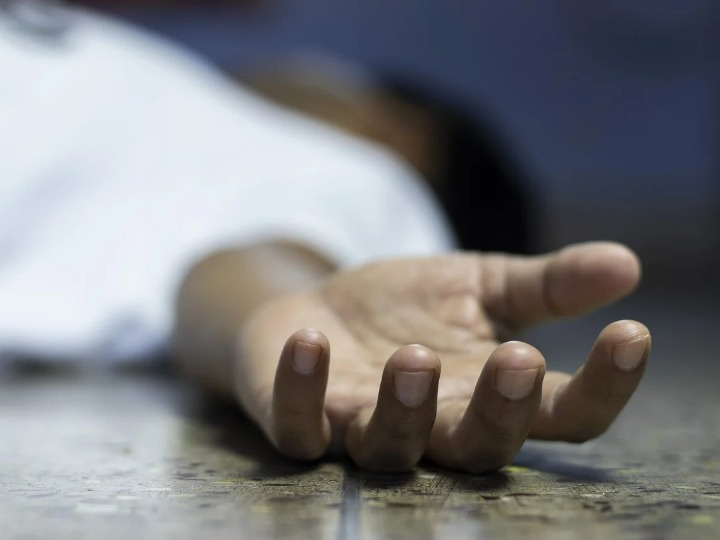
Tiruvannamalai custodial death: Autopsy hints at torture; police deny charge

The autopsy report of the 48-year-old Kurava (an ethnic Tamil community) man, who died in judicial custody, reveals that he was allegedly tortured in police custody at Tiruvannamalai.
In the morning on April 26, Thangamani, who belonged to the Kuravan community of Thattaranai in Tiruvannamalai district, was arrested by police on the charge of selling arrack (a country liquor). In the evening on April 27, Thangamani was admitted to the hospital where he died the same night around 8.30pm.
While the family of Thangamani alleged that he died because of police torture, Chief Minister MK Stalin and police officials say the man died after he suffered from fits.
The autopsy report accessed by The Federal states that Thangamani had received physical injuries 0 to 24 hours prior to his death. Apparently, this was the time when he was in police and judicial (prison) custody.
The autopsy report found three irregular red abrasions – one on the lower right arm, another on the back of the right elbow and the third one on the left forearm. “All the above said injuries would have occurred between 12 to 24 hours prior to the death,” the autopsy report revealed.
Similarly, there were deep red contusions on the bone on the back of the left hand near the little finger and this would have occurred between 0 to 6 hours prior to death, the report stated.
Besides the external injuries, the report reveals an irregular linear incomplete fracture on the left side of his ribs.
The report says the 48-year-old suffered the physical injuries 0-24 hours before his death. Notably, he was under the police and judicial custody for more than 24 hours before his death.
Meanwhile, the custodial death case was transferred to CB-CID police.
Activist Captain Durai demanded the police change the case into a murder case and add provisions of SC/ST Atrocities Act. “Police take Kuravas for granted since they don’t have much representation. All the police personnel involved in the case should be booked and the family should be given enough compensation for the loss,” Durai said.
Also read: Stalin @1: It’s an A+ for efforts in economy, education, women’s empowerment
Thangamani’s elder son Thirumoorthy, who happened to access the CCTV footage at the Government Hospital where his father died, said that his father was taken to the hospital twice.
“He was all good when he was first taken to the hospital in the morning. But, when he was brought to the hospital in the afternoon, he couldn’t walk. Please note that he was taken to the hospital on a police bike and not in an ambulance. Had he been suffering from fits, how would the police take him to the hospital on a bike?” he questioned.
Also read: Perarivalan’s plea: What the SC said on personal liberty and federalism
The Tiruvannamalai police said that they have asked for a legal opinion to alter the sections of the case.
Responding to the autopsy report, Tiruvannamalai police said the abrasions on Thangamani’s body occurred when he suffered fits. The fracture in the ribs happened during CPR (a procedure to revive heart beats) at the hospital, the police clarified.
According to the police register, Thangamani was taken into police custody around 10am on April 26 and the medical test was done around 1pm on the same day. He was produced before a magistrate at 4pm and lodged in prison at 5pm, the police said. “It shows that Thangamani was not injured when he was in police custody, but injured when he was in the prison (judicial custody),” the police said.
Chief Minister M K Stalin has said that a detailed inquiry would be conducted in the matter.

